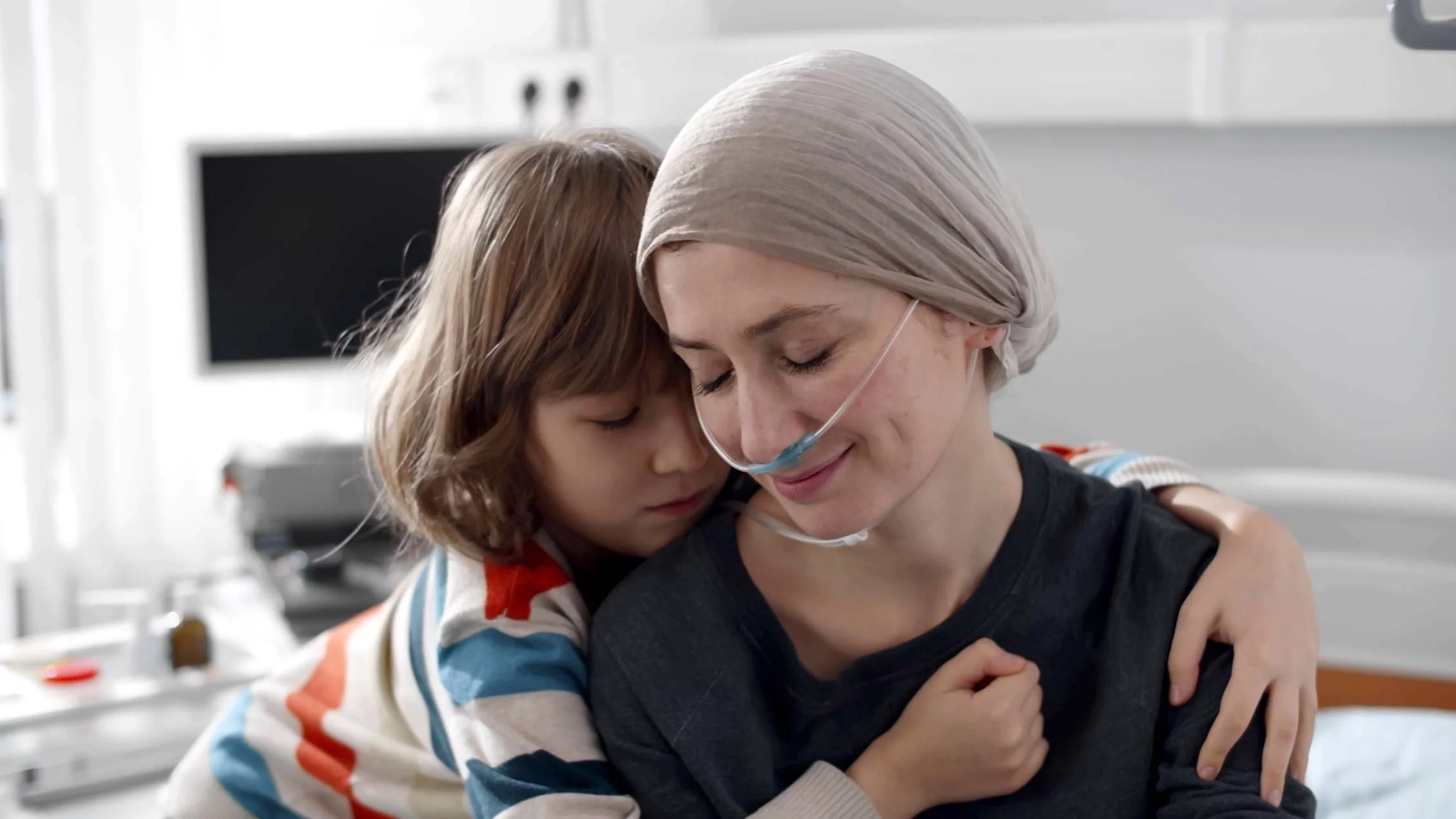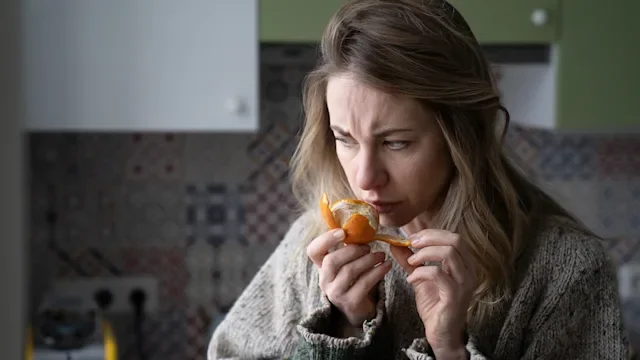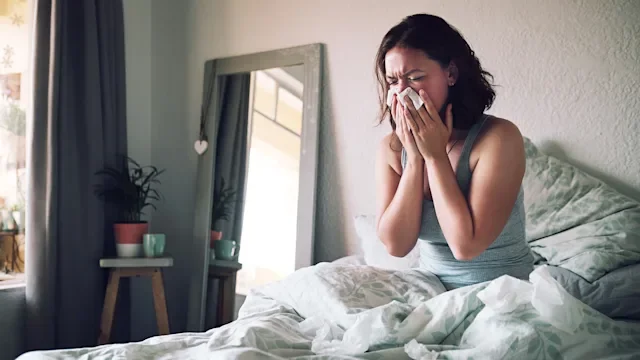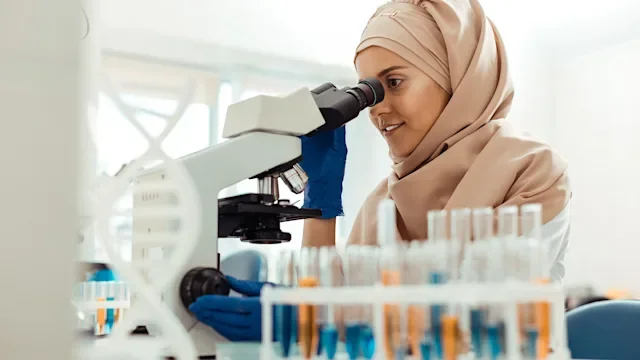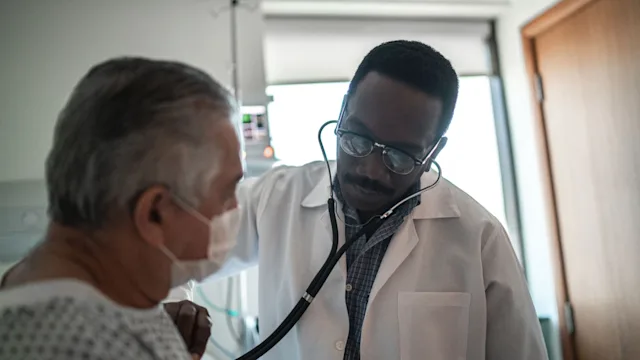Key takeaways:
The risk of severe disease or death from COVID-19 is higher in people with cancer.
The currently available COVID-19 vaccines are available for people with cancer, including those undergoing cancer treatment.
There may be a decreased immune response to the vaccine, so masks and social distancing are still important.
If you are being treated for cancer, or you’ve had cancer in the past, you may be wondering whether the COVID-19 vaccines are safe for you. Here, we’ll discuss what you need to know about getting vaccinated if you have cancer.
If you have cancer, what should you know about the COVID-19 vaccine?
People with cancer are immunocompromised. This means their immune system is weakened, making them more susceptible to infections. People with underlying medical issues, including cancer, have a higher risk of severe disease and death from COVID-19.
This is why it’s recommended for anyone with medical problems, such as cancer, to be included in phase 1c of the vaccine rollout.
Search and compare options
Is the vaccine safe for people who are currently undergoing treatment for cancer?
People undergoing treatment for cancer were excluded from the vaccine clinical trials. This is normal in terms of vaccine studies. Researchers want to test vaccines in healthy adults before testing them in other populations. But that means there is no data on how immunocompromised people respond to COVID-19 vaccination.
That said, experts are encouraging people with cancer to get vaccinated. This includes people receiving cancer treatment. If you have questions about getting the vaccine, contact your oncologist. You may need to schedule your vaccination doses around your cancer treatments.
Is the vaccine safe for people in remission?
Cancer survivors can get the COVID-19 vaccine, unless they are allergic to the vaccine’s ingredients.
Do people with cancer experience additional side effects from the COVID-19 vaccine?
There are no reports so far of additional side effects. But patients with current or recent cancer should be aware of a possible vaccine side effect called lymphadenopathy. This is swelling of lymph nodes. It was reported as a side effect in the vaccine trials. But it may be concerning to someone who is dealing with cancer if they don’t know that it’s a normal response to the vaccine.
The bottom line

Why trust our experts?

COVID-19 vaccines are available to people who have cancer and have had cancer. If you’re currently getting treatment, be sure to speak with your oncologist about timing the vaccine around your treatments.

